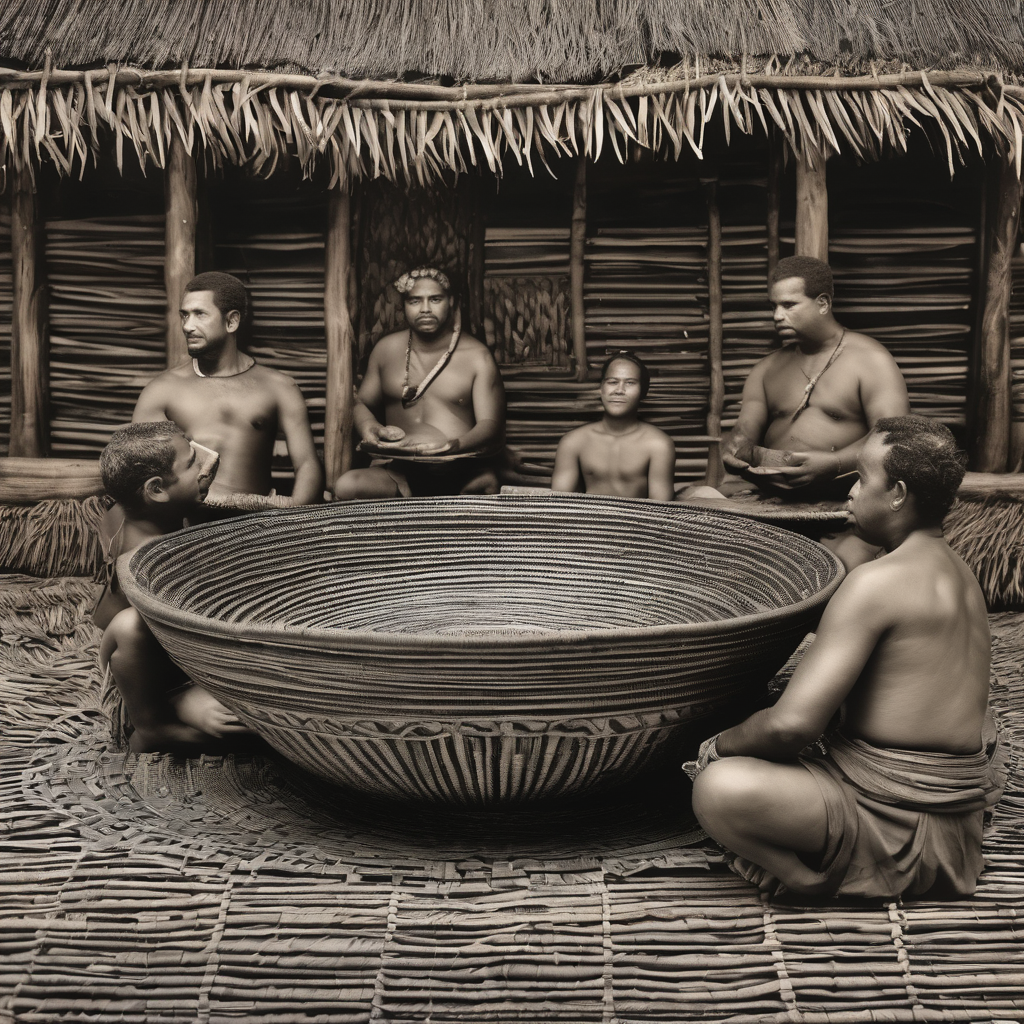The government is facing criticism due to delays in disbursing allowances to 176 clan heads, or turaga ni yavusa, across the 22 districts of Tailevu. This issue was highlighted during recent meetings of both the Lau and Tailevu Provincial Councils. Many clan heads voiced their concerns, expressing frustration at not receiving funds that were intended to support their roles.
During the Tailevu Provincial Council meeting held in Buretu Village, the reality of the situation sparked diverse opinions among council members. While some representatives pointed out that the government had previously promised financial support to assist clan heads in carrying out their duties, others raised concerns about the implications of accepting such financial aid. One member expressed a viewpoint that accepting an allowance could make clan heads feel beholden to the government, thus compromising their independence.
However, council chairman Semi Matalau countered these concerns by emphasizing the necessity of providing this financial support. “Let’s be realistic. Life is hard now, and these turaga ni yavusa need to be compensated for their responsibilities,” he stated. Matalau underscored that the government’s intentions behind the allowance were genuine, aimed at helping not just clan heads, but also village headmen who require funds for transportation and office-related expenses.
Additionally, the meeting touched upon the political landscape, with a focus on former deputy prime minister Manoa Kamikamica, who is currently under investigation. Matalau reiterated the importance of respecting the rule of law while acknowledging the broad support for Kamikamica from the Tailevu community. The chiefs recognize the situation and are prepared to allow the legal processes to unfold without influencing the outcomes.
This situation reflects broader discussions happening within Tailevu regarding leadership roles and responsibilities in the community, especially the vital part played by traditional leaders. The government is working on initiatives to enhance governance and support for local leaders, ensuring their roles are recognized and adequately funded to foster development in their respective communities.
As these challenges unfold, they present an opportunity for the government to reassess its approach to community support, fostering a more robust dialogue with local leaders and enhancing the relationships that underpin governance in the provinces.
